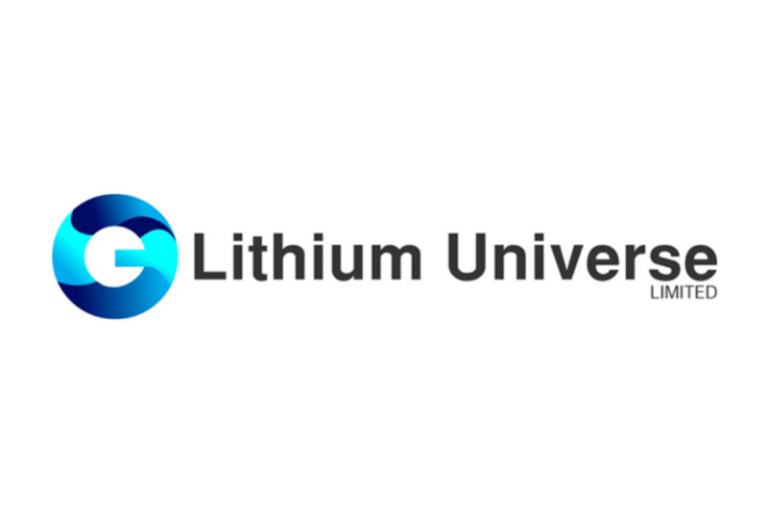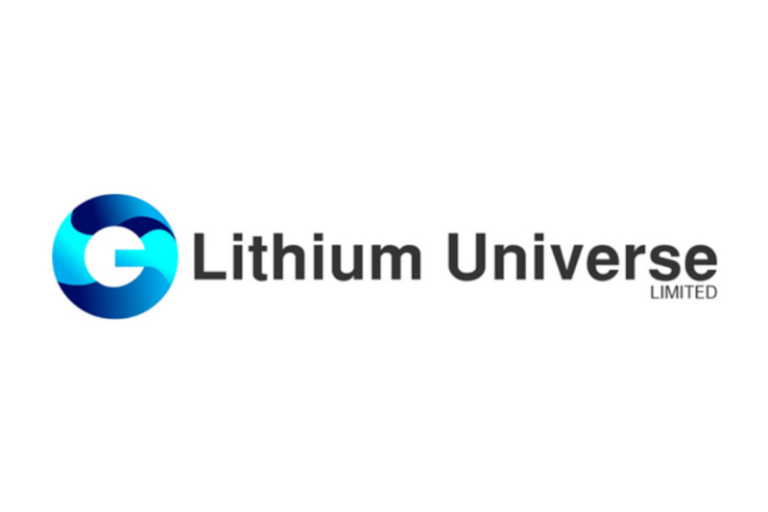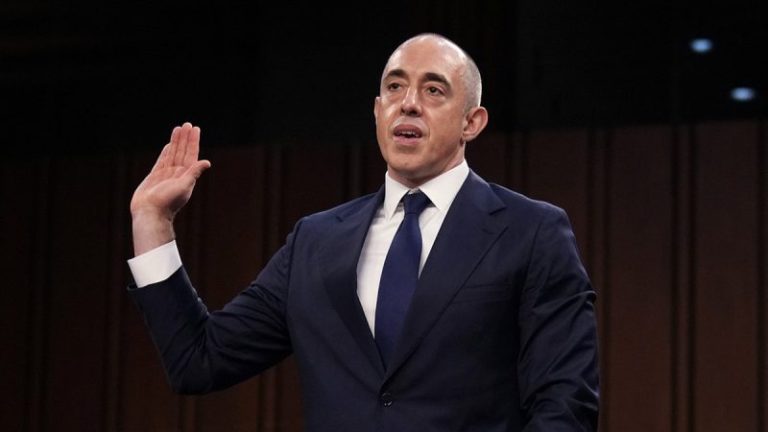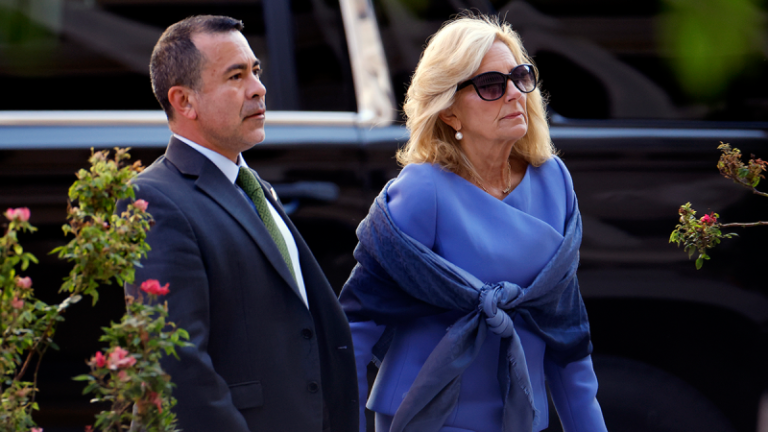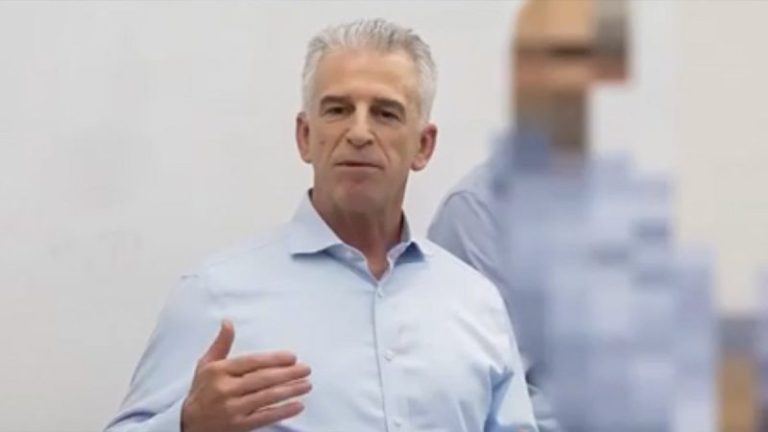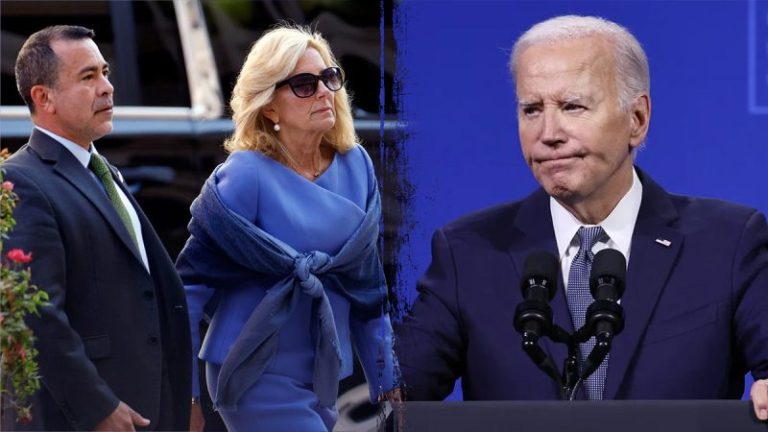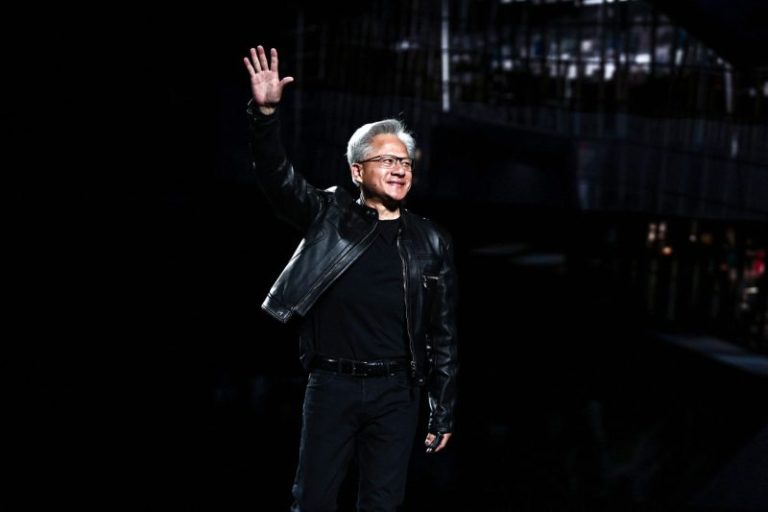Highlights
– Successful settlement of Tranche 1 of the share placement to sophisticated and professional investors, raising $0.60 million
– Tranche 2 of the placement (subject to shareholder approval) is anticipated to be completed on or around 29 July 2025, raising $1.10 million
Tranche 1 comprised of 150,000,000 fully paid ordinary shares in the capital of the Company (Shares), which have been issued today under the Company’s existing capacity under ASX Listing Rule 7.1 (15% capacity). The Shares under Tranche 1 were issued at a price of A$0.004 per Share, raising A$600,000. In addition, subject to shareholder approval, the Tranche 1 investors will be entitled to one new option for every two Shares subscribed for and issued, expiring 36 months from the date of issue of the options, and an exercise price of $0.008 (Options).
Tranche 2 Placement
As detailed within the Announcement, the placement comprises a second tranche of 275,000,000 Shares at an issue price of A$0.004 per Share, subject to shareholder approval (Tranche 2). Investors under the Tranche 2 placement will also receive a free attaching Option on a 1 for 2 basis, subject to shareholder approval.
The Company will seek shareholder approval at an upcoming general meeting, which is scheduled to be held on or around Wednesday, 23 July 2025.
Cleansing for secondary trading
The Company advises that the Shares issued under Tranche 1 have been issued without disclosure under Part 6D.2 of the Act in reliance on sections 708(8) and 708(11) of the Corporations Act 2001 (Cth) (Corporations Act).
In accordance with Section 708A(11) of the Corporations Act 2001, the Company confirms:
– the Shares under Tranche 1 are in a class of securities that are quoted securities;
– the Company lodged a prospectus with the Australian Securities and Investments Commission on 20 June 2025 (Prospectus);
– the Prospectus includes an offer of securities by the Company in the same class as the Shares issued under Tranche 1; and
– the offer under the Prospectus is and was open at the time of issue of the Shares under Tranche 1.
Accordingly, the T1 Placement Shares are eligible for immediate trading without on-sale restrictions.
About Lithium Universe Ltd:
Lithium Universe Ltd (ASX:LU7) (FRA:KU00) (OTCMKTS:LUVSF), headed by industry trail blazer, Iggy Tan, and the Lithium Universe team has a proven track record of fast-tracking lithium projects, demonstrated by the successful development of the Mt Cattlin spodumene project for Galaxy Resources Limited.
Instead of exploring for the sake of exploration, Lithium Universe’s mission is to quickly obtain a resource and construct a spodumene-producing mine in Quebec, Canada. Unlike many other Lithium exploration companies, Lithium Universe possesses the essential expertise and skills to develop and construct profitable projects.
Source:
Lithium Universe Ltd
Contact:
Iggy Tan
Executive Chairman
Lithium Universe Limited
Email: info@lithiumuniverse.com
News Provided by ABN Newswire via QuoteMedia

